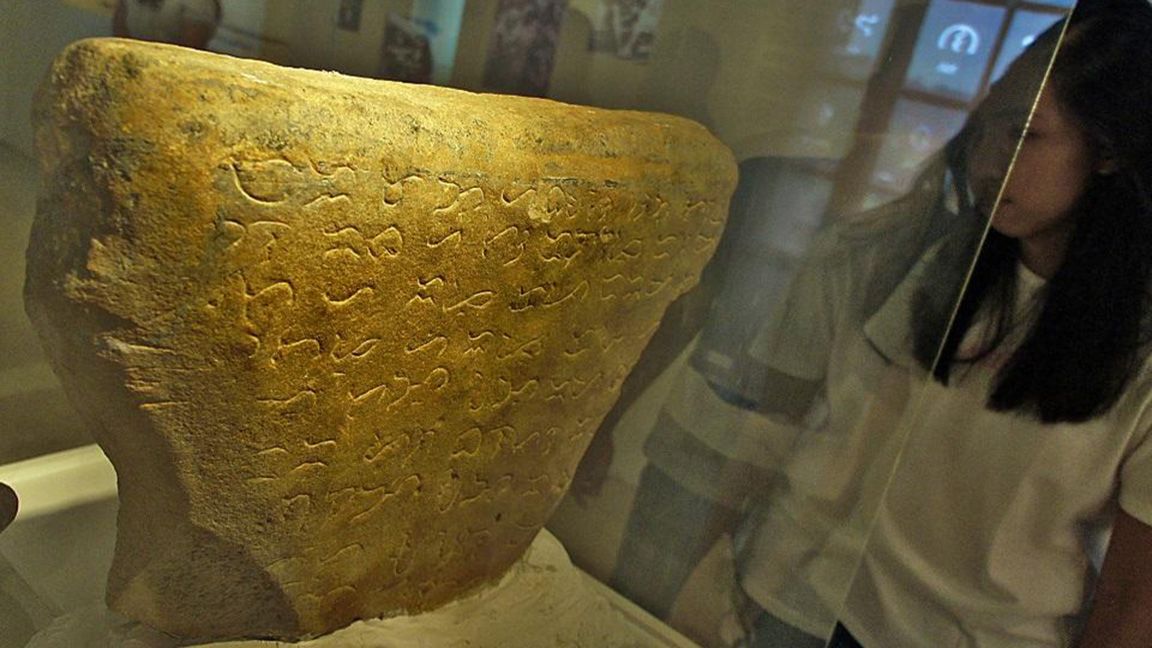Speaker Allan Velasco claims the revival of Baybayin is part of the country’s resurgence while others say it merely serves aesthetic purposes.
AMONG the 18 bills passed by the House of Representatives before adjourning for the campaign period is House Bill No. 10657 or the “Philippine Indigenous and Traditional Writing Systems Act.”
Authored by Pangasinan Rep. Leopoldo Bataoil, the measure seeks to declare Baybayin as the national writing system as well as to protect and preserve other Philippine indigenous and traditional writing systems.
“Lost, but not forgotten, Baybayin, together with other indigenous and traditional writing scripts, should be preserved and promoted as part of the country’s resurgence,” Speaker Lord Allan Velasco said on Tuesday, February 1.
The Department of Education (DepEd) and the Commission on Higher Education (CHED) will be mandated to include these writing systems in relevant subjects of basic and higher education.
The National Commission for Culture and the Arts shall be the lead policymaking unit for the promotion of Philippine Indigenous and Traditional Writing Systems.
When the bill was first proposed in 2018, it sparked a debate among Filipinos regarding reviving the ancient script that has been a “dead script” for decades, meaning it hasn’t been functionally used by Filipinos, indigenous groups included.
In 2020, Manila Mayor Isko Moreno unveiled new signages at the Lagusnilad Underpass that showcased Baybayin translations, sparking ire among netizens saying that it “merely serves aesthetic purposes” because only a handful of Filipinos can understand it.
Linguists have also slammed the so-called revival as retrogression and not progression, given the limitations of the script to the contemporary spoken language.
Baybayin lacks the letters R, F, C, Q, V, and Z and does not distinguish the vowels o/u and a/e.
Additionally, there are other scripts that are still being used by ethnic groups such as the Tagbanua script by the Tagbanwa people and the Palawan people, and the Hanunuo and Buhid scripts of the Mangyans.
If the Baybayin becomes the national writing system, should these indigenous groups also be taught the ancient Tagalog script or could they be exempted?
While there is a need to preserve indigenous writing systems, there is no need to nationalize and force an ancient script from the pre-Spanish period back into our daily lives.
Instead, Filipinos should embrace our many languages and our diversity. Last year, Angeles City put up traffic signs in the Kapampangan language institutionalizing its use in all sectors, along with English and Filipino.
Tags: #language, #baybayin, #housebill10657, #indigenousscript

